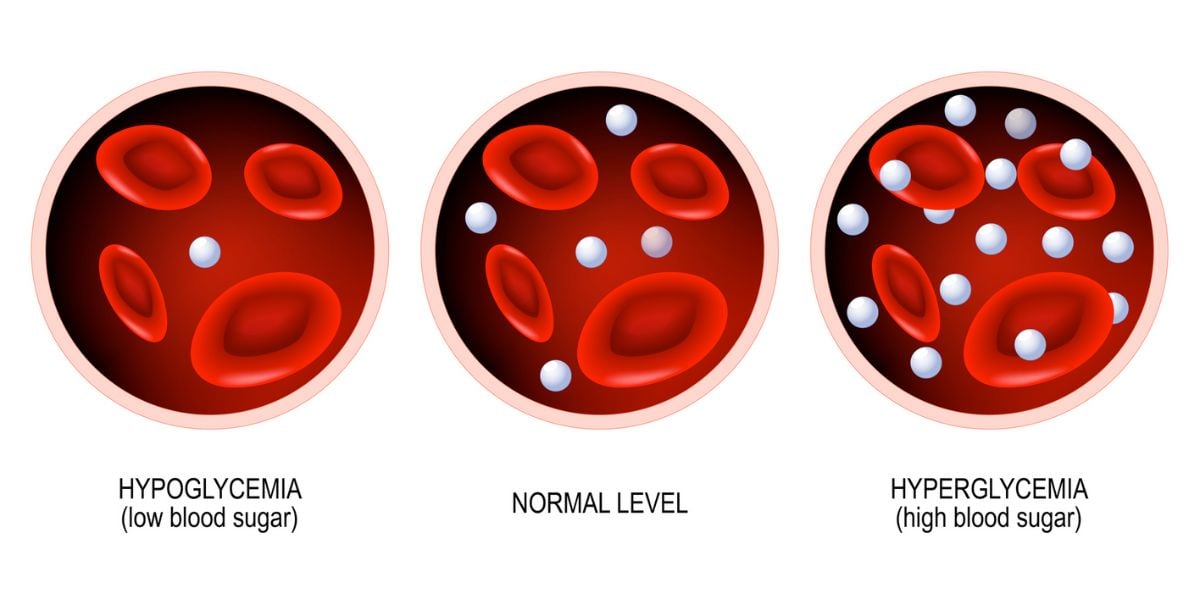The effect of coffee on diabetes, when presented in the media can often be confusing.
News stories can in the same week tout the benefits coffee can have on diabetes and shoot down coffee as being unhelpful for blood sugar levels.
This doesn’t mean the articles are contradictory though.
Put slightly more simply, coffee contains different chemicals, some of which have beneficial effects whereas others can have a less beneficial effect, such as caffeine which can impair insulin in the short term.
Caffeine and blood sugar levels
Regular high caffeine consumption, over a 4 week period, has been shown to impair insulin sensitivity in people with type 2 diabetes.
Whilst the researchers found a relationship between higher coffee consumption and lower sensitivity to insulin, they recognised that the rapid transition to having more coffee may have produced an atypical or emphasised response by the body.
Benefits of coffee
Coffee has been shown to lower risks of the following conditions:
- Type 2 diabetes
- Cancer – such as endometrial cancer and aggressive prostate cancer
- Cardiovascular disease
- Strokes
- Alzheimer’s disease
- Parkinson’s disease
Coffee contains polyphenols, which are a molecule that anti-oxidant properties which are widely believed to help prevent inflammatory illnesses, such as type 2 diabetes, and anticarcinogenic (anti-cancer) properties.
As well as polyphenols, coffee contains the mineral magnesium and chromium. Greater magnesium intake has been linked with lower rates of type 2 diabetes.
The blend of these nutrients can be helpful for improving insulin sensitivity, which may help to offset the opposite effects of caffeine.
Coffee and prevention of diabetes
Coffee and its effect on risks of developing type 2 diabetes have been studied a number of times and has indicated a notably lower risk of type 2 diabetes being associated with coffee drinkers.
A 2009 study of 40,000 participants noted that consumption of 3 cups of tea or coffee a day lead to a 40% lower risk of type 2 diabetes developing. A study of healthcare professionals in the US and UK, five years later, showed that those thatincreased their consumption of coffee experienced an 11% decrease in risk of type 2 diabetes over the next 4 years.
More recently, research found in 2022 that drinking two coffees a day reduces risks of cardiovascular disease and early death and that it may may reduce the risk of developing Alzheimer’s disease.
In addition, drinking coffee has been shown to boost physical activity levels.
Decaffeinated coffee and blood glucose
So whilst caffeine may hamper insulin sensitivity, other properties in coffee have the opposite effect.
It is therefore believed that decaffeinated coffee may present the best option for people with diabetes as researchers find it includes the benefits of coffee with some of negative effects that are associated with caffeine.
Lattes and syrups in coffee
Some varieties of coffee need to be approached with caution by those of us with diabetes. Coffees with syrup have become a much more popular variety of coffee within the 21st Century but could be problematic for people either with or at risk of, diabetes.
If you have diabetes or are at risk of diabetes, it is advisable to reduce your exposure to too much sugar. If you wish to enjoy a syrupy coffee from time to time, pick the smaller sized cups and drink slowly to better appreciate the taste without dramatically raising your blood glucose levels.
Another modern trend in coffee is in the popularity of lattes, very milky coffees. Lattes present two considerations: the number of calories in the latte and the amount of carbohydrate in them.
Whilst skinny lattes are usually made with skimmed milk, some of them may be sweetened which will raise their calories. Milk, whether full fat or skimmed, tends to have around 5g of carbs per 100g. A regular, unsweetened skinny latte can typically contain anywhere between 10 and 15g of carbohydrate.




